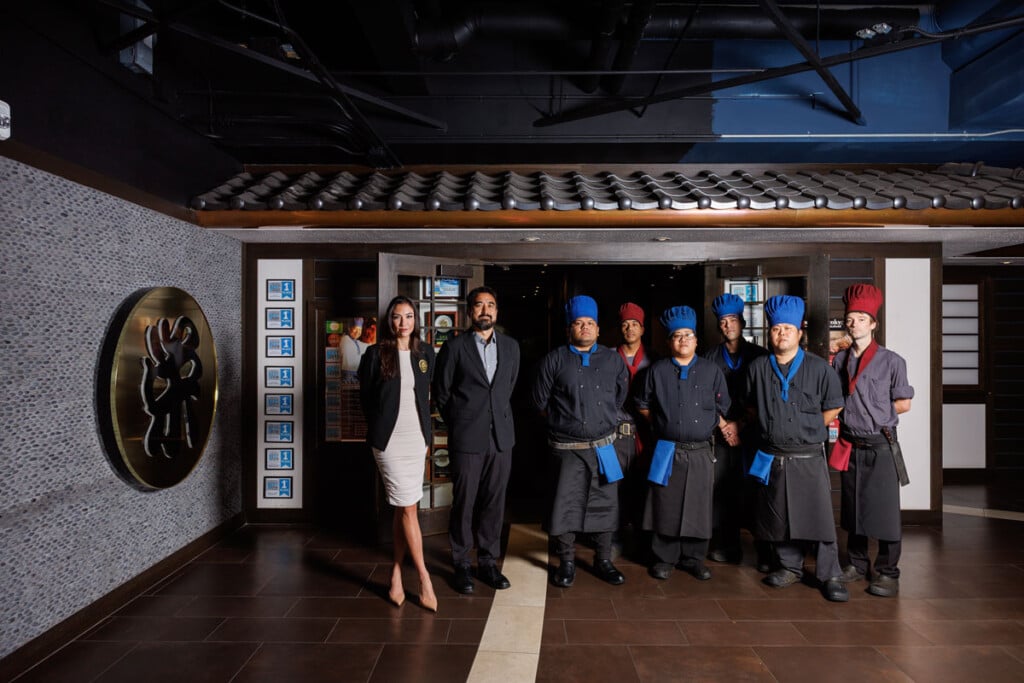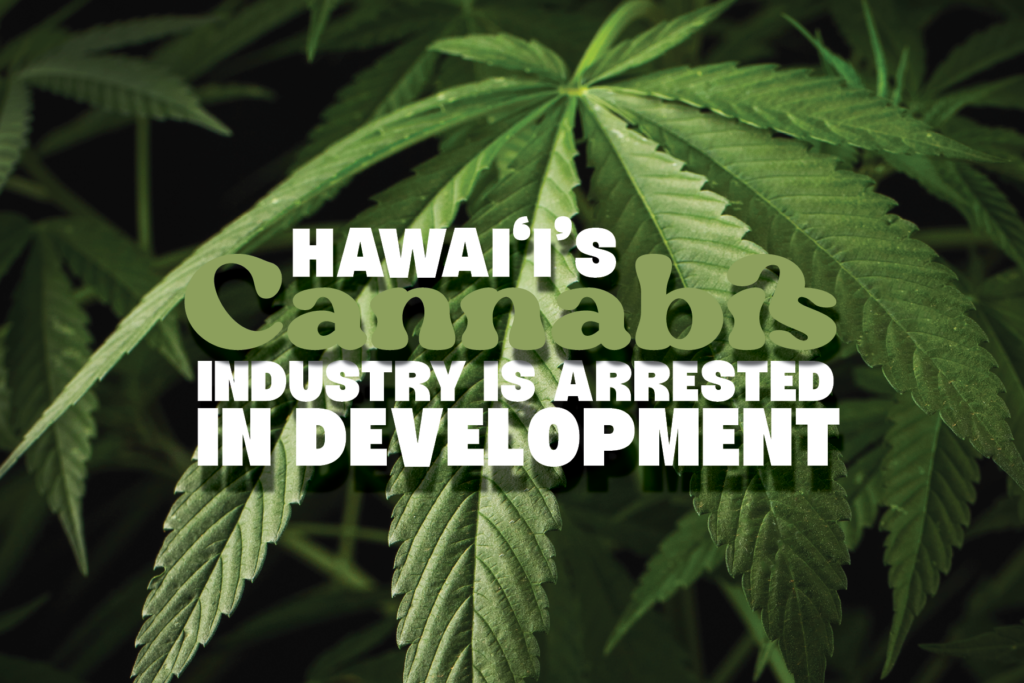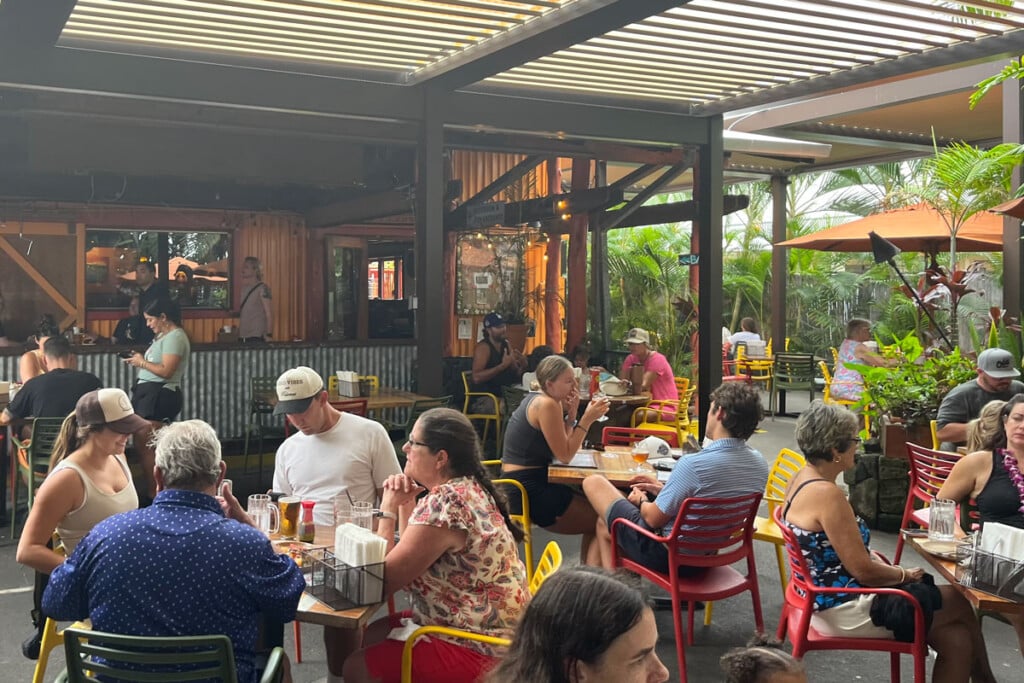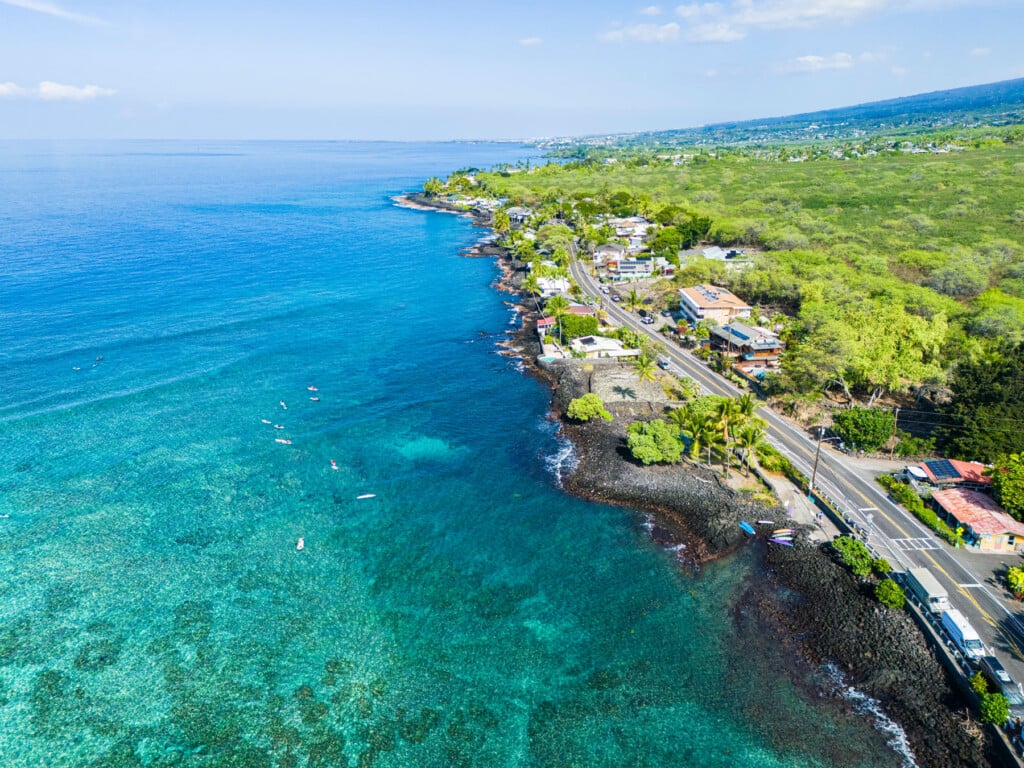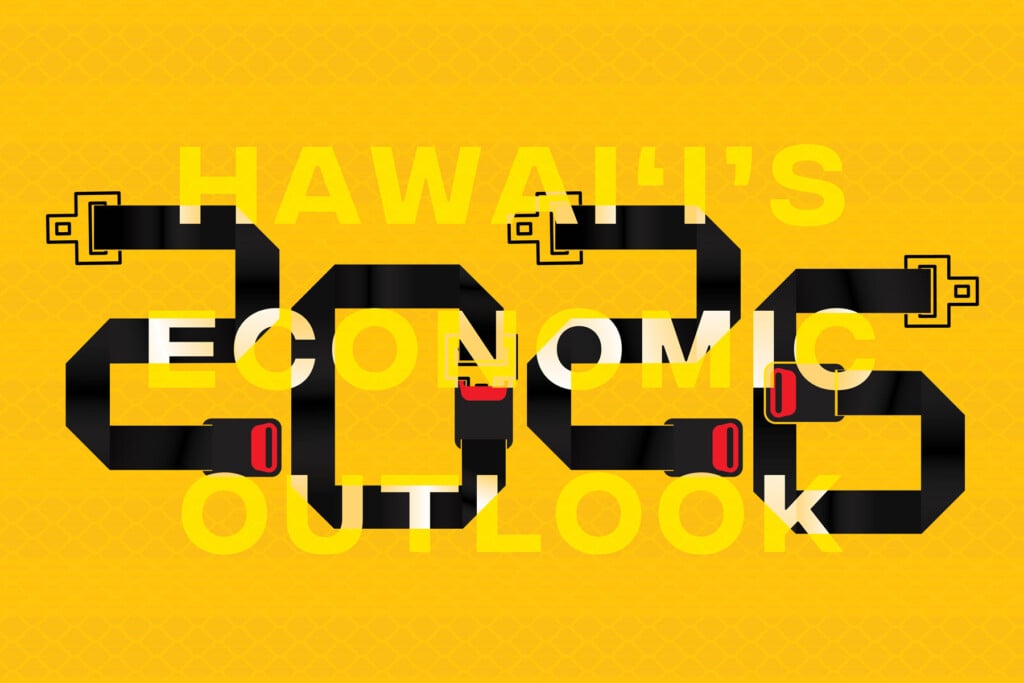DEI Is Alive and Well in Hawai‘i
While sometimes demonized, local leaders say the underlying values of diversity, equity and inclusion still play an important role in the Islands.
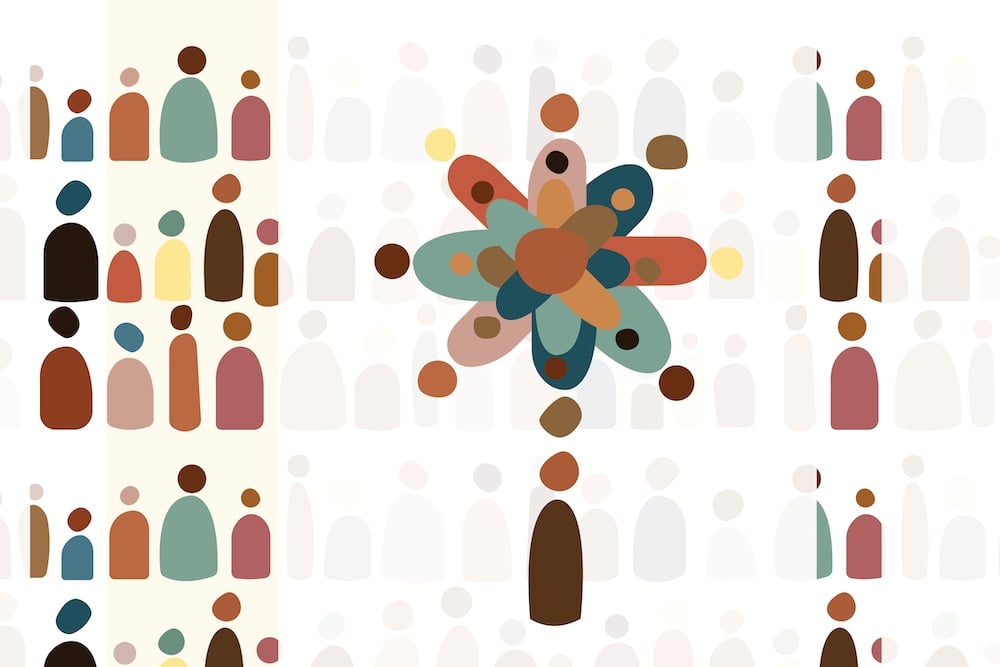
In January, President Donald Trump issued several executive orders targeting DEI programs at public and private institutions, including an order titled “Ending Illegal Discrimination and Restoring Merit-Based Opportunity,” and another, “Ending Radical and Wasteful Government DEI Programs and Preferencing.”
As Hawai‘i’s businesses and nonprofits navigate the implications of these orders, what has the effect been? Do diversity, equity and inclusion programs still have a role to play in the state, now and in the future?
DEI arose from the Civil Rights Movement of the 1960s. But many people don’t know about the laws, policies and programs that emerged from DEI initiatives, says Randy Soriano, executive director of the Hawai‘i LGBT Legacy Foundation. Parental leave, mentoring programs, protection from workplace harassment, ramps for disabled workers and height-adjusted workstations for those who need them are all examples. At its root, DEI is “about trying to create a comfortable place for everyone to live the healthiest, most efficient, most effective lives that they can,” Soriano says.
While groups in Hawai‘i are impacted by rhetoric and policies on the continent, “in general and historically, the tone and atmosphere around DEI feels different than what we’ve seen in other parts of the country,” says Greg Waibel, president and CEO of the Honolulu YMCA. The Islands’ ingrained cultural values of aloha and ‘ohana, he says, result in “conversations that tend to be more community focused and less politically charged than what many of our colleagues are facing elsewhere.”
IS DEI EVEN NECESSARY IN HAWAI‘I?
“It’s not necessary in Hawai‘i – it’s essential,” says Waibel. While the state is and should be proud of its ethnic and cultural diversity, he says, “true equity and inclusion goes far beyond heritage and race.”
Part of YMCA’s staff training includes the use of a Diversity Wheel graphic, which represents the various dimensions of individuality, including the factors that often come to mind when people hear the term “DEI” – such as race and gender − but also a wider view of what shapes our sense of self, including issues like parental status, educational background and geographic location. People who use narrow definitions to describe what constitutes diversity, the YMCA training posits, miss opportunities to engage with and serve everyone in the community.
“In Hawai‘i, a major source of disparity stems from economic challenges,” says Waibel. “The high cost of living creates barriers to basic needs, things like childcare, education, transportation and food, and these make it harder for families and individuals to access the tools that support their well-being. That’s why DEI matters. It helps us see and respond to the actual needs of our community.”
For example, Waibel notes that despite all of the beaches in Hawai‘i, many keiki don’t know how to swim, and as a result, the state has one of the nation’s highest drowning rates among residents. Using an expansive view of DEI, the Y is addressing this problem with programs like free water-safety instruction and financial aid for swim lessons. “When we understand diversity through this broader lens and definition,” he explains, “it helps us break down real-world barriers. DEI isn’t a concept. It’s a commitment to action.”
In the Islands, inclusion is not just about appreciating different individual backgrounds, notes Lori Teranishi, CEO of iQ 360, a business communications consultancy headquartered in Honolulu with teams in San Francisco, New York and Washington, D.C.
“While we celebrate our cultural diversity in Hawai‘i, we have to acknowledge a growing income disparity, underrepresentation [of certain groups] in leadership roles, and the historical issues that have disproportionately affected Native Hawaiian communities,” she says.
“It’s addressing who has access to opportunity, who gets to lead, and how we as a community address the issues that weaken the fabric of our community, because you cannot have these huge income gaps and have a healthy community, either in the workplace or generally in society at large.”
Still, with constant market gyrations, talk of DEI could take a back seat for some businesses.
“People are just trying to focus on business survival,” says Teranishi. “Small businesses are just trying to make payroll and make sure their employees in Hawai‘i don’t move to the mainland. In the larger scheme of things, is DEI going to be their first priority? I don’t think so. I think it’s going to be like 30th priority.
“When you grow up in Hawai‘i, you grow up with the mindset of being exposed to and more attuned to ethnic differences.” Yet people from some backgrounds are excluded from decision-making roles, she notes. “What I’m hearing is that there is room for this type of [DEI] work and this type of thought process.”
She counsels clients to have a clear sense of purpose and values. “Because then, when you’re confronted with an ethical issue for the company, if you can fall back on your set of values and everyone understands them, you’re in a much better position. That’s broader than DEI, but it relates, because some companies are changing what they say about DEI.”
A clear and well-articulated value system allows companies to change how they communicate about DEI for practical purposes, including to avoid losing federal funding, without stepping away from their core values.
It’s similar, Teranishi says, to when investment firms such as BlackRock were targeted a few years ago by conservative opinion leaders for its ESG (environmental, social and governance) policies. “ESG became a hot potato before DEI became a hot potato,” she says. “Companies reevaluated how they talked about ESG. They started using terminology like ‘responsible business.’ It’s not quite the same because, you know, the federal government wasn’t threatening to remove hundreds of millions of dollars of funding from a university, but it did cause companies to reevaluate the usage of [the term] ESG.”
The term DEI can carry different meanings. For some people, it’s unfamiliar and for others, it’s a positive. For still others, it carries divisive or political connotations.
“I think DEI really is under attack,” says Soriano. “But the reality is, we have this amazing opportunity now to shift and to be creative in terms of what’s next for the community.”
He and his organization have ensured the business community is aware of Hawai‘i LGBT Legacy Foundation’s programs and resources, such as the quarterly Rainbow Town Hall panel discussions. He’s also working to reach out to other nonprofits and organizations within Hawai‘i, “ensuring they feel our presence and they feel supported. It’s been a difficult time for all of us, and the best thing we can do is lean on each other.”
Some organizations will have to be nimble in how they support employees, because they are under increased scrutiny with their funding.
“In an ideal world, we want everyone to live authentically and to be able to promote their resources and their programs in the most authentic way,” says Soriano. “But we never want to, obviously, risk someone losing the sustainability of their company. So, being flexible, whether that is a name change or a reallocation, but continuing the programs. And I think constant communication and transparency are going to be super important.”
Waibel would like to see a continued focus on diversity with a broader lens.
After all, he says, “Everyone needs safe, welcoming spaces. People need support and resources to reach their goals and to have experiences that create a sense of purpose, joy, accomplishment and connection.
“The difference is in how we present our programs, and we recognize that one size doesn’t fit all, including our communication. This means sometimes we need to adjust, not only how we serve to make sure that we’re inclusive and welcoming, but how we communicate that service. The broad concepts of DEI can survive, but only if we’re focused less on the label and more on the lived experience. … If something isn’t working and it’s causing chaos or divisiveness, well, then you have to listen to that, and it means that you have to make some adjustments.”
DEI, Waibel says, can be reimagined beginning with a simple question: “What are the things that prevent people from being their fullest self?”
“We’re not all born into the same circumstances and environments,” he says. “That’s just being honest. And if we acknowledge that, then we acknowledge that everybody needs different solutions or supports and may have different perspectives. And isn’t that lovely? That’s what makes the world interesting. Do you really want to live in a world where we’re all the same?”
